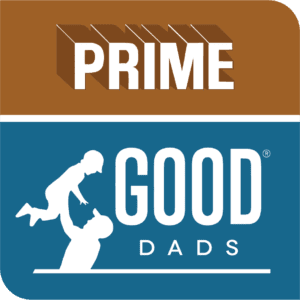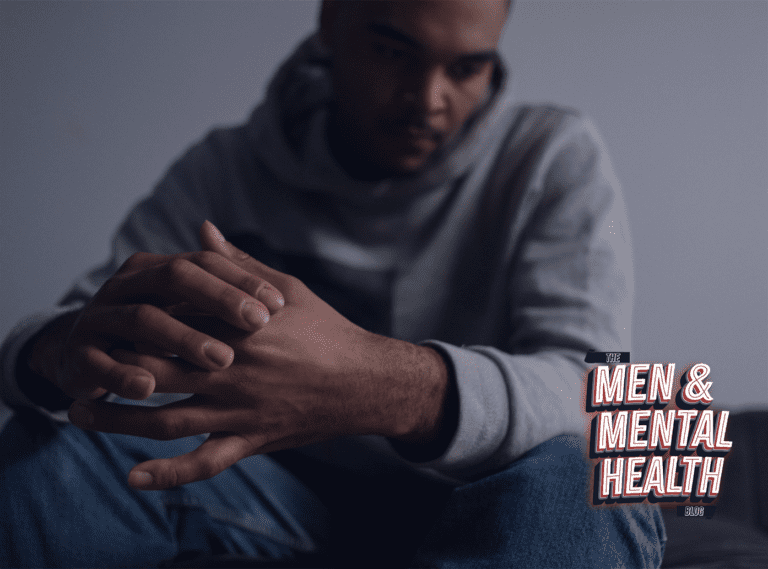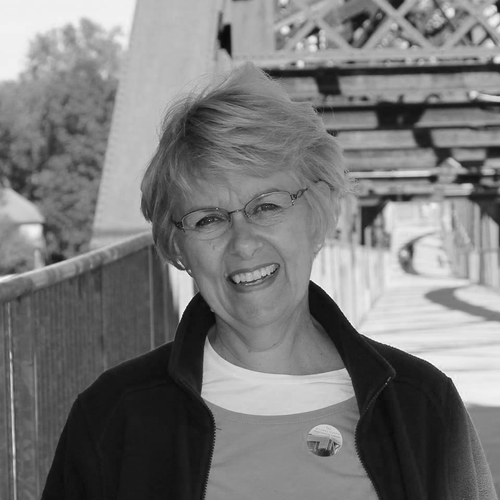Because alcohol use disorder is the most common form of addiction—affecting nearly 30 million people in the US alone—we’re starting Substance Abuse Prevention Month on the topic of alcohol dependency and its impacts on children.
You’re not only hurting yourself
When one of my clients is coming to terms with their dependency, it is not uncommon for me to hear them focusing on him or herself:
“I’m a happy drunk!”
“I don’t hit my family. I don’t yell at them. I’ve never missed an event.”
“I work hard to provide for my family. I deserve to relax after a long day. I’m not hurting anyone.”
While these may be true to the extent that regular work and good income are a plus, physical and verbal abuse are not the only consequences of living with someone suffering from alcoholism. The maybe-I-have-a-problem person often fails to realize the ways their actions affect the ones around them, especially their children, until further along in the recovery process.
The impact of addiction extends much longer and further than many families realize. In fact, children of alcoholic parents are particularly vulnerable.
How a parent’s alcohol addiction or dependency affects children
Kids are a lot like the family dog. They’re watching their parents all the time. They’re sensitive to the smallest modification in routine, a subtle change in voice and statements that don’t align with what they’re actually seeing or experiencing.
Children of alcoholic parents develop flawed behaviors and thought processes from being around someone who denies the reality of their experience. When what they see fails to match what they hear or are told, it’s hard for them see to what is true—to develop trust in others.
According to Adult Children of Alcoholics (ACA), children raised in this type of environment tend to have an overdeveloped sense of responsibility, which creates a desire to be hyper-focused on others instead of themselves. There can be a fear of abandonment towards people in their lives, or a sense of guilt if anything in the relationship is wrong, even if they are the ones being hurt.
Unhealthy reliance on others or feelings of guilt can bring the children of an alcoholic parent right back into the same cycle as their parents. The instability they grew up with often makes it difficult for them to discover and befriend safe role models since the environment they grew up in was “normal” to them.
Children’s learned behaviors can carry into adulthood.
Sadly, the impact of addiction extends much longer and further than family members realize. Children from a household with at least one parent with a drinking problem are negatively affected, even if that parent is not physically or verbally abusive. The adult behavior of children from homes with substance abuse tends to follow predictable patterns. For example …
Josh has been responsible for keeping the peace his whole life. Growing up, he negotiated conflict between his parents—especially after his dad had too much to drink. Even though he hates being in the middle, he continues to find himself in the same position as an adult. When he’s not placating his aggressive boss, he always finds himself as a mediator between his parents and his wife.
Brooklyn is often described as a hot mess. Even when something is not really her fault, her past indiscretions put her in a position where it’s easy for others to assume she is the problem. She refuses to be tied down by restrictions and hates feeling held back from anything exciting. As a child, Brooklyn discovered that acting out distracted from her dad’s drinking problem.
Marcus is a quiet person. He has a way of blending in, especially when emotions are high. Get passionate about something, raise your voice even slightly, and Marcus fades into the background. It’s something Marcus learned to do when his parents fought about his mom’s drinking when he was a child.
Calvin is the life of the party. He’s a lot of fun to be with, but his wife complains that he can never be serious. “He’s always telling a joke,” she says. “We can never have a serious conversation.” Calvin learned to distract from his parents’ drinking by being funny. It sometimes worked when he was a child, but it doesn’t always work well as an adult.
Josh, Brooklyn, Marcus and Calvin are likely not aware that what’s occurring in their adult lives has a lot of do with what happened when they were children. The strategies they used as youngsters to cope with their parents’ alcohol use has carried on into adulthood, even though they no longer live in a home with someone who drinks too much.
ACAs often adopt specific roles to cope with a parent’s dependency
Josh is the Hero: Heroes, often first-born children, are in a unique position when it comes to family roles. They have all of the attention for a short while, but when younger brothers and sisters come along, they’re usually asked to help. In a family where addiction is involved, the role of being responsible is often exaggerated and often becomes the identity of the first-born. In a family where Mom or Dad cannot be trusted and create negative attention, the Hero does whatever they can to bring positive attention. The Hero often believes they have the power to change everything and are solely responsible for that change. They tend to need praise, excel both mentally and physically, and are very dedicated to their families. Unfortunately, the Hero often hides their feelings from others, works too much and struggles expressing vulnerability. It’s common for Heroes to have stress-related health issues such as heart problems and strokes.
Brooklyn is the Scapegoat: The Scapegoat recognizes early on that they are never going to live up to the “perfection” of their older sibling. With this realization, they do what appears to be the next rational thing—they become the “bad guy.” Their behavior is usually the exact opposite of their older sibling: They tend to not do well in school, even though they may have the ability to do so. They couldn’t care less about helping the family, and they seem to go out of their way to get in trouble with the law. Scapegoats shift negative attention from the addicted parent to themselves. They tend to have a high degree of drug and/or alcohol use, high rate of crime and a high rate of suicide.
Marcus is the Lost Child: The Lost Child will do anything to become invisible. They know life to be chaotic and painful, so they attempt to escape from these harsh surroundings. Instead of interacting with others, they prefer drawing, reading, imaginary friends, and other fantasies as a way to escape. In adulthood these escape behaviors can be replaced with addictions such as drugs and alcohol, eating, pornography, sex or overspending. Forms of escape can help mask their feelings and bottle up emotions. The lost child may be very creative and smart but experience depression and anxiety that interferes with success in life and relationships.
Calvin is the Clown/Mascot: Often the youngest sibling, the Clown/Mascot grows up in an environment very different than the one experienced by older siblings. They have been described as chameleons because they know how to “read the room” and be whatever is needed in the moment. They may use humor or outrageous behaviors to lighten a serious moment or distract from something unpleasant. When they are the center of attention, less focus is given to the behavior of an intoxicated parent. The Clown/Mascot struggles to be taken seriously as an adult and is often treated like the “baby” by the rest of the family. They often bear the weight of feeling like they have to “perform” at all times. The high rate of protection by the other members of the family can cause the Clown/Mascot to feel like they cannot do things on their own.
Breaking the Pattern
Each individual’s experience of addiction—or growing up in a family of addiction—is unique. However, close association with a person dependent on alcohol/drugs always leaves its mark. These experiences shape adult behavior, emotions and relationships. But not all is lost. If you are an adult child of an alcoholic, consider these roles as a means of understanding your background and the door through which healing begins.
Acknowledging that a parent struggled with addiction to alcohol is not a death sentence: It’s an act of courage. It’s often very hard, but also very helpful, to confront consequences that may develop if one or both of your parents were/are alcoholics. It’s important to understand the consequences that may be passed along to you and your children. Move towards being the parent to yourself you did not have growing up.
“The healing begins when we risk moving out of isolation,” the ACA website says. “Feelings and buried memories will return. By gradually releasing the burden of unexpressed grief, we slowly move out of the past. We learn to re-parent ourselves with gentleness, humor, love and respect.”
Support and forgiveness are a huge part of moving towards healing if you grew up in an environment dictated by alcoholism. Support can be found in Al-Anon or ACA groups where others just like you meet to share their stories and encourage each other.
Forgiveness for your parent may or may not come. Ultimately, forgiving yourself and acknowledging the burden you have carried feeling responsible for things outside of your control, is the goal of programs and support groups like ACA. To learn more, check out the Adult Children of Alcoholics website at adultchildren.org.
ABOUT AUTHOR
Dr. Jennifer L. Baker is a licensed clinical psychologist specializing in marriage and family therapy. She is also the Founder and Director of Good Dads. She can be reached for question or comment at [email protected].


